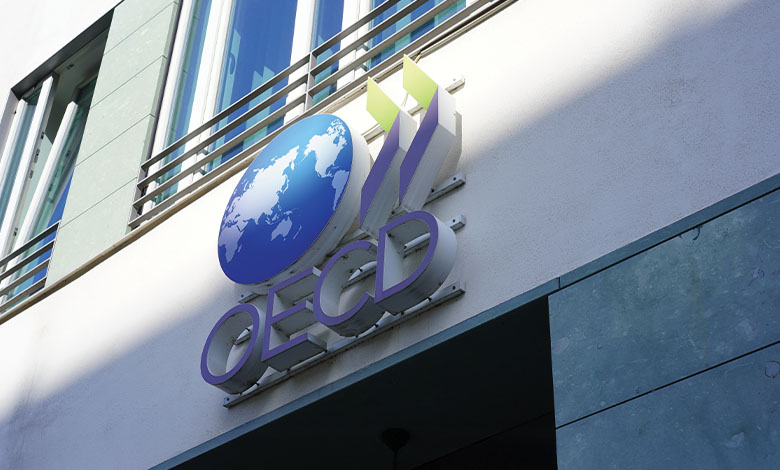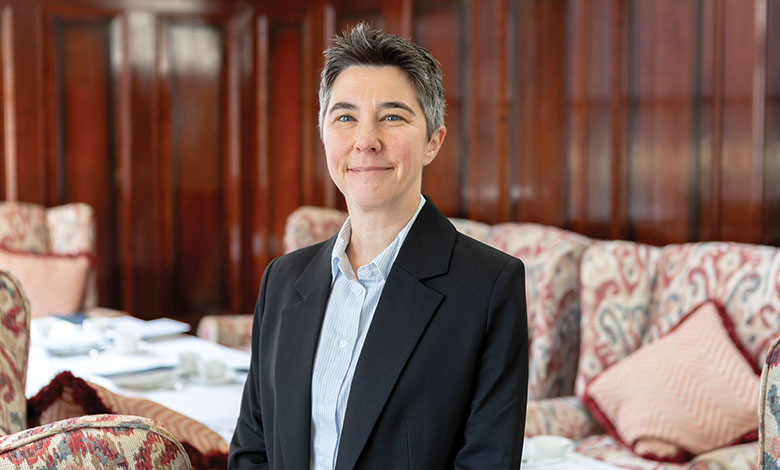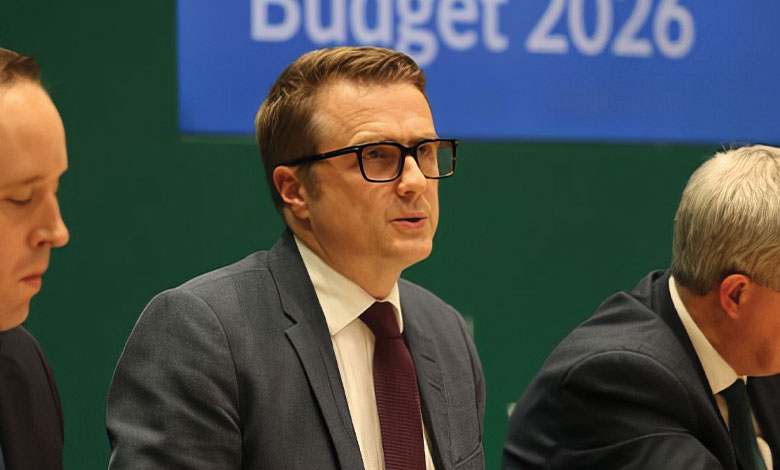
Housing Minister Darragh O’Brien TD: “Fundamentally achievable”
25th September 2020
Minister O’Brien launches Oaklee Housing’s 34 Unit Scheme at Weston in Swords
5th November 2020Affordable housing

Affordable housing has been one of the defining issues of the Irish housing crisis. Questions over what it is and how it will be delivered are some of the most pertinent facing new Minister for Housing, Darragh O’Brien TD.
In July, O’Brien announced measures in the Dáil that would be aimed at accelerating the provision of affordable housing. The Minister announced that he would accelerate and expand the Serviced Sites Fund to “provide enabling infrastructure to support the delivery of more affordable homes on local authority lands”.
O’Brien detailed that a maximum of €50,000 is available per home under the scheme, meaning that the overall fund of €310 million can provide for at least 6,200 affordable homes to be bought or rented. O’Brien said that €127 million of the funding had already been allocated to support 35 projects and he was “going to ensure that those projects are expedited” in order to deliver almost 3,200 affordable homes across 14 local authority areas.
The Minister also went on to announce his plans to expand the Part V planning provisions in order to encompass affordable purchase and cost rental homes to go along with its current role in the provision of social housing. “This commitment will not only add to the number of homes available in these areas, but it will increase tenure options for people, and will assist in providing a good tenure mix within our communities,” he said.
However, on the oft-asked question of what exactly affordable housing is and what financial parameters it fits within, the Minister demurred: “Affordability is not simply a question of how much is too much to pay on a mortgage, but of how much is too much for whom and in what circumstance? That is why this government would rather seek to try and accommodate each household’s particular family need and financial circumstance.
“It is why, in the first part, we will assess eligibility on the proportion of the net income a household would need to buy a house on the open market to meet their needs. However, the Government will ensure a balanced allocation of State supports both in terms of fairness regarding those who are eligible to avail of it and in relation to the amount of financial support they receive.”
In September, he announced that the Government would introduce an affordable housing scheme that would see homeowners enter into shared-ownership agreements with their local authorities. In October’s Budget, O’Brien said details of a help to buy scheme were yet to be finalised, but pledged €700 million to the building and retrofitting of affordable and social homes.
The scheme will see local authorities buy houses from developers and offer them at subsidised rates to first-time buyers, with the local authority retaining a stake in a given property until it is bought out by the owner or sold. The scheme is to be targeted at households earning between €30,000 and €90,000 per year per year, with the aim to provide housing at prices between €160,000 and €250,000. It is understood that local authorities will have the power to subsidise prices by up to 25 per cent, a halving of Fianna Fáil’s stated goal for the scheme in 2018, when they had been negotiating with the Fine Gael government on a confidence and supply basis.
O’Brien has said that he hopes the measures taken by the Government will mean that “you won’t need a scheme to drive affordability” in 10–15 years because “that will have become part of the market”.






